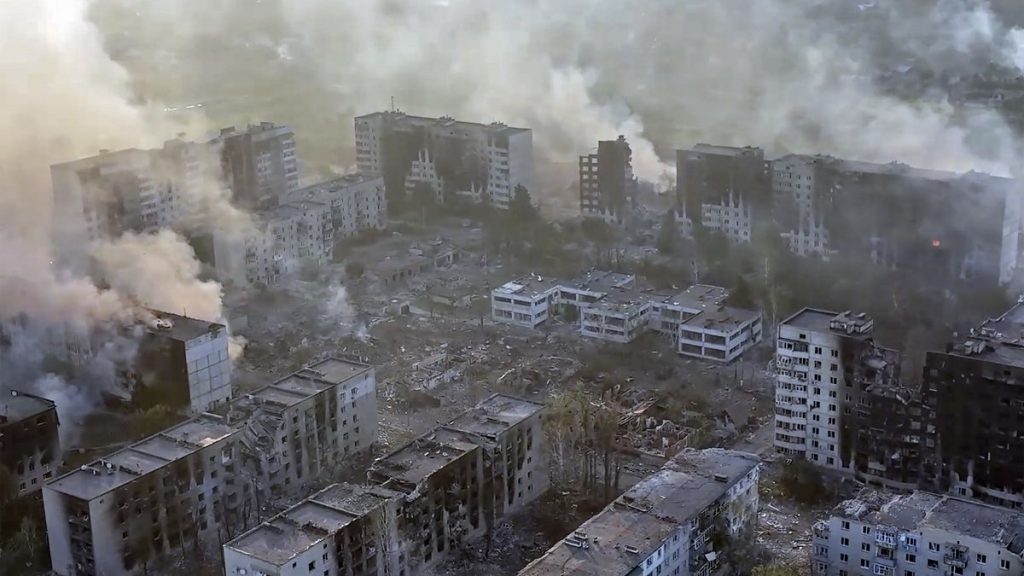Russia has intensified its assault on Ukraine by attacking the country’s power grid with missiles and drones, as well as destroying front-line cities using glide bombs. Ukrainian forces have retaliated by targeting Russian oil facilities with drone strikes, causing significant damage to refineries in Russia’s Tambov region and Adygea Republic. The use of advanced weaponry and tactics by both sides has escalated the conflict, leading to widespread destruction and loss of life.
The European Union has responded to Russia’s invasion of Ukraine by agreeing on a new set of sanctions described as “powerful and substantial” by the bloc’s Belgian presidency. These sanctions are designed to close loopholes in existing measures and introduce new targeted measures to increase their impact. The package announced by European Commission President Ursula von der Leyen aims to block Russia’s access to key technologies, strip it of further energy revenues, and target Putin’s shadow fleet and banking network abroad. These measures are expected to significantly restrict Russia’s ability to export liquid natural gas, which has been a major source of revenue for the country.
In a significant policy shift, South Korea has announced that it is considering sending arms to Ukraine in response to the ongoing conflict. This decision comes after a recent pact between Russia and North Korea, in which both countries agreed to defend each other in the event of war. The cooperation between Moscow and Pyongyang has raised concerns both regionally and globally, as Russia faces increasing international isolation due to its invasion of Ukraine, and tensions with the West continue to escalate. South Korea’s potential support for Ukraine marks a departure from its previous stance of neutrality in the conflict.
The use of advanced weaponry and tactics in the conflict between Russia and Ukraine has led to widespread destruction and loss of life. Both sides have employed drones and missiles to target key infrastructure and military installations, resulting in significant damage to power grids, oil facilities, and refineries. The intensity of the assault has raised concerns about the humanitarian impact of the conflict, as civilians continue to bear the brunt of the violence.
The European Union’s new set of sanctions against Russia is aimed at further isolating the country and increasing pressure on the Kremlin to end its invasion of Ukraine. The measures are designed to restrict Russia’s access to key technologies, weaken its energy revenues, and target Putin’s financial networks abroad. By closing loopholes in existing sanctions and introducing new targeted measures, the EU hopes to significantly impact Russia’s ability to sustain its military campaign in Ukraine.
The announcement that South Korea is considering sending arms to Ukraine represents a significant shift in the country’s policy towards the conflict. The decision comes in response to a recent pact between Russia and North Korea, which has raised concerns about increasing cooperation between the two countries. As tensions continue to escalate in the region and globally, South Korea’s potential support for Ukraine highlights the complex dynamics at play in the ongoing conflict and the challenges of maintaining regional stability in the face of escalating tensions.


